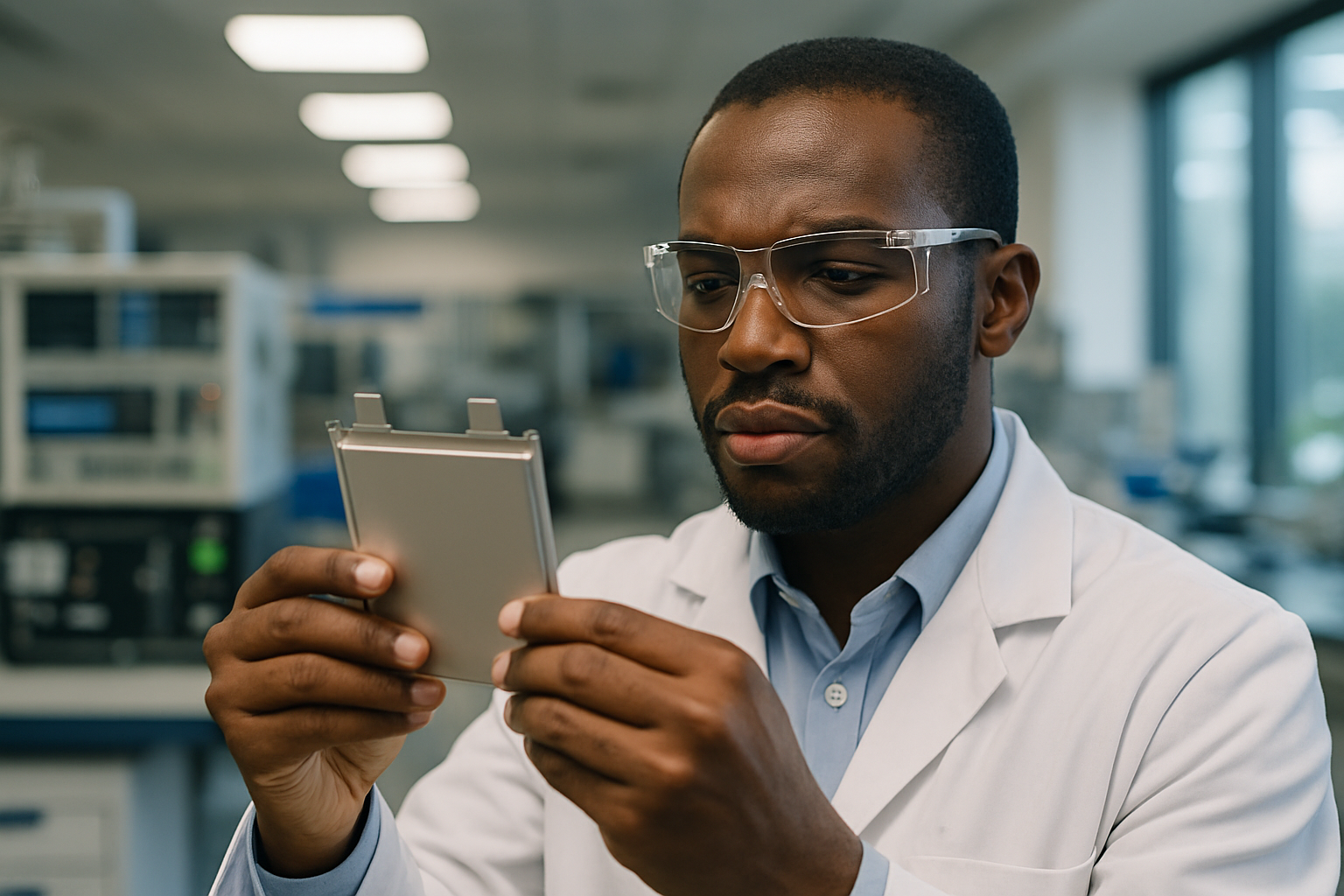In a significant move poised to revolutionize the electric vehicle (EV) market, BMW Group and Samsung SDI have announced a trilateral agreement with U.S. battery technology company Solid Power to collaborate on a validation project for all-solid-state batteries (ASSBs). The partnership aims to accelerate the commercialization of this next-generation battery technology, which promises to dramatically increase EV range, reduce charging times, and enhance safety.
This strategic alliance sees Samsung SDI supplying solid-state cells that incorporate a sulfide-based solid electrolyte developed by Solid Power. BMW, a long-standing partner of Samsung SDI since 2009, will take on the development of modules and packs for these advanced solid-state cells. The ultimate goal is to evaluate the performance of these ASSB cells and integrate them into BMW’s next-generation evaluation vehicles.
The Promise of Solid-State Batteries
Solid-state batteries are widely considered the “holy grail” of EV battery technology, replacing the liquid electrolytes found in conventional lithium-ion batteries with solid materials. This fundamental shift offers several compelling advantages:
Doubling EV Range
ASSBs have the potential to significantly boost the driving range of electric vehicles. Industry analysts and companies like Toyota suggest that solid-state batteries could increase EV range by 50% to 80%, with some ambitious targets aiming for 900 to 1,000 miles per charge. This increased energy density means more power can be stored in a smaller, lighter package. For instance, Samsung SDI’s solid-state prototypes have demonstrated an impressive 500 Wh/kg, an 85% increase in energy density compared to the typical 270 Wh/kg of conventional lithium-ion batteries.
Faster Charging Times
Beyond extended range, solid-state batteries are expected to support rapid charging at higher direct current (DC) voltages, significantly cutting down charging times. Some projections indicate charging times could be reduced from 30 minutes to as little as 10 minutes for an 80% top-up. This addresses one of the primary concerns for potential EV buyers: range anxiety.
Enhanced Safety and Longevity
The solid electrolyte in ASSBs is non-flammable, which drastically reduces the risk of thermal runaway, fire, and explosion hazards associated with liquid electrolytes in traditional lithium-ion batteries. This inherent safety, coupled with improved thermal stability and a longer lifespan, makes solid-state batteries a more robust and reliable power source for electric vehicles.
A Trilateral Powerhouse for Commercialization
The collaboration between BMW, Samsung SDI, and Solid Power establishes a robust global value chain for ASSB cells, pooling expertise from materials development, cell manufacturing, and automaking.
- Solid Power: The U.S. startup will provide its proprietary sulfide-based solid electrolyte, a critical component for ASSB technology, known for its stability and conductivity.
- Samsung SDI: The South Korean battery giant will integrate Solid Power’s electrolyte into its prismatic cells to build prototype solid-state cells. Samsung SDI has been actively developing solid-state batteries, having completed a pilot production line in 2023 and aiming for mass production by 2027.
- BMW Group: The German automaker will focus on developing the battery modules and packs, integrating these advanced cells into its next-generation evaluation vehicles. BMW has been exploring solid-state technology with Solid Power since 2016 and aims to launch all-solid-state EV batteries in production vehicles around 2030.
Martin Schuster, Vice President Battery Cell and Cell Module at the BMW Group, emphasized that Samsung SDI’s involvement “adds significant momentum” to the development pathway. Stella Joo-Young Go, Executive Vice President of Samsung SDI’s ASSB Commercialization Team, stated that “technological competitiveness in batteries would ultimately lead to innovations in electric vehicles,” and Samsung SDI aims to “take the lead in commercialization of ASSB” through these partnerships.
The Road Ahead
While the commercialization of solid-state batteries still faces technical challenges in scaling and production, this new alliance signifies a concrete step towards making ASSBs a reality for widespread adoption. BMW plans to incorporate new battery technology, including solid-state, into its “Neue Klasse” (New Class) of electric vehicles, launching from 2025.
The global race for solid-state battery leadership is intensifying, with other major players like Toyota, Mercedes-Benz, Volkswagen, Nissan, CATL, and BYD also investing heavily in the technology, with many targeting commercialization around 2027-2028. The combined expertise of BMW, Samsung SDI, and Solid Power positions them as a formidable force in driving the next era of electric mobility.

